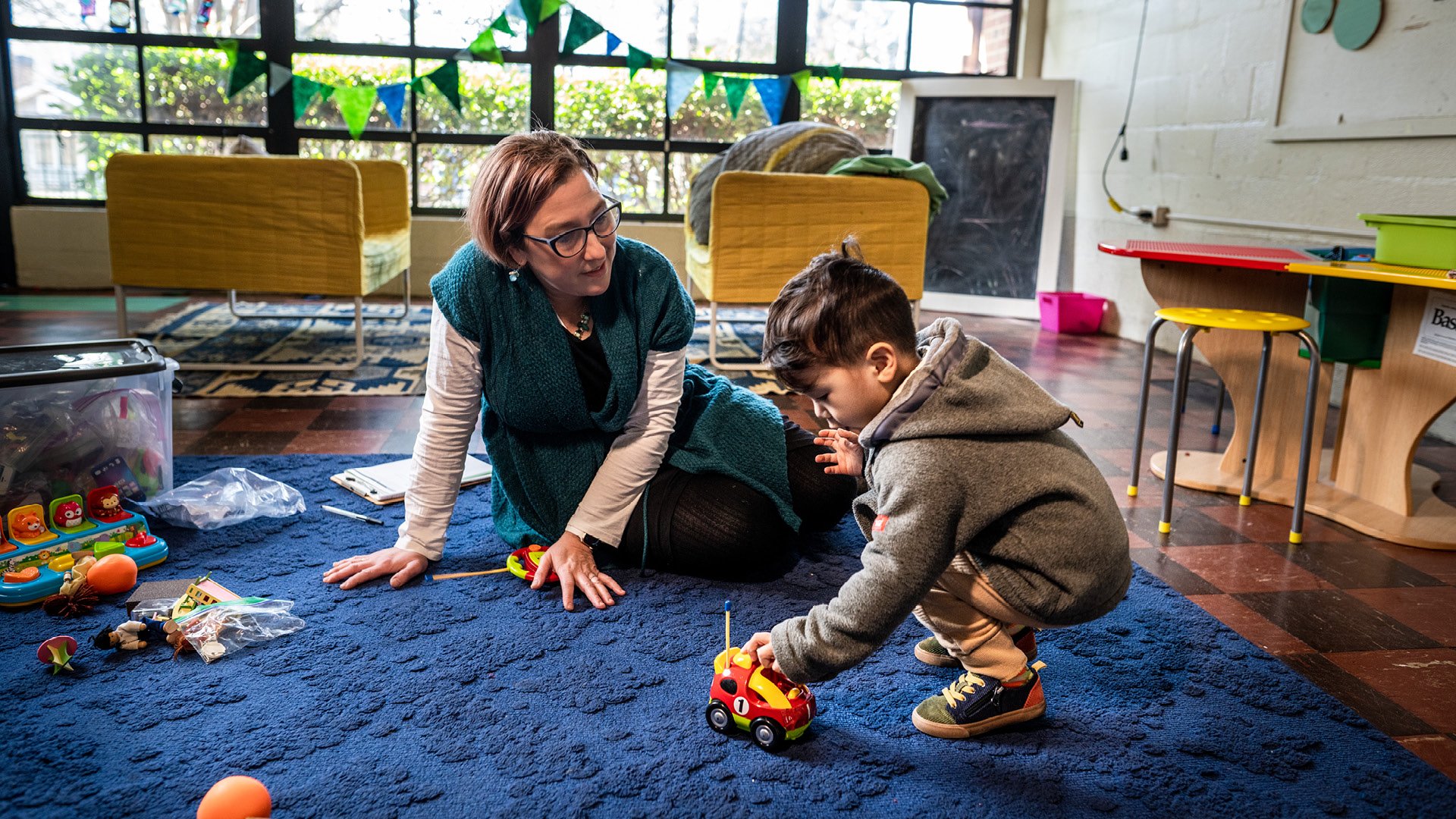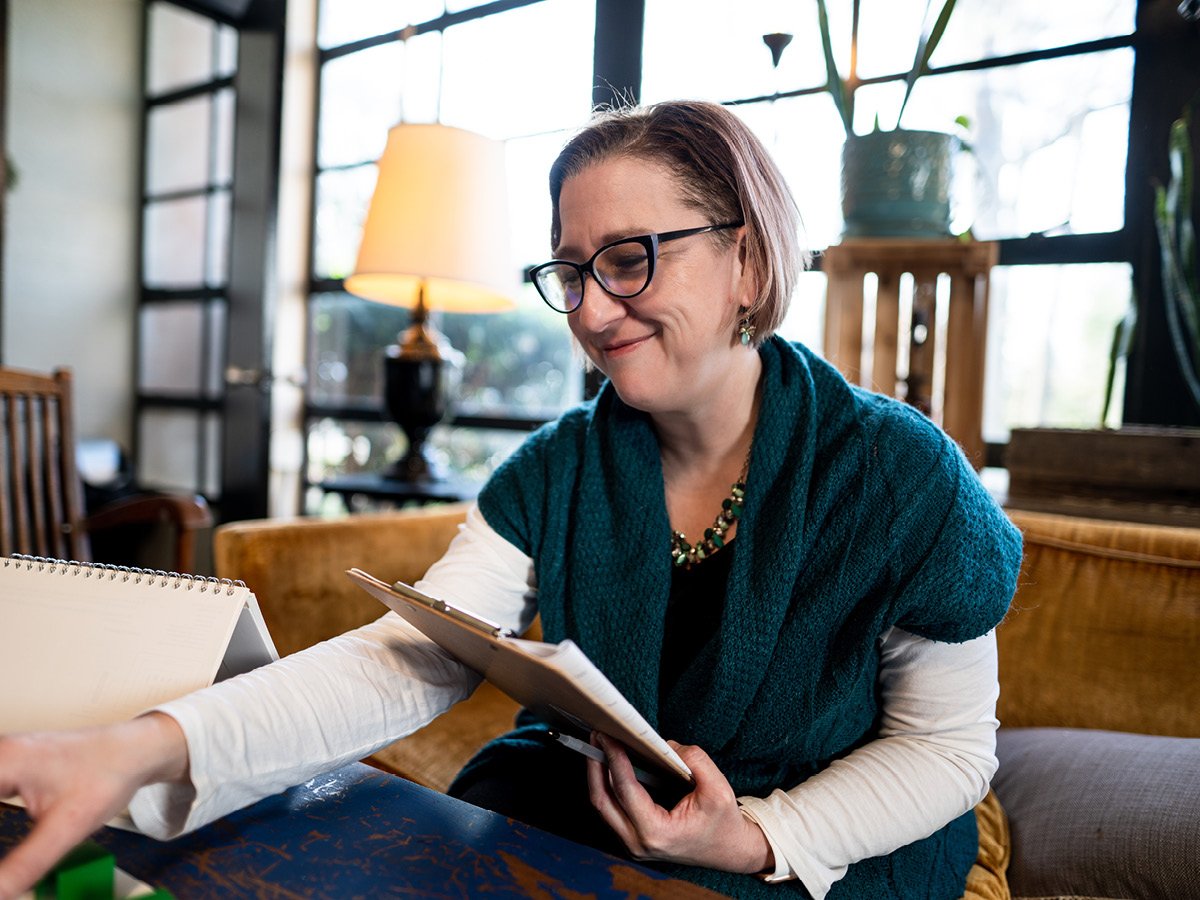
SERVICES
Moving You Forward
01
Integrated Care
Neurodevelopmental Differences
Getting Help
It is often difficult to identify autism, ADHD, intellectual/learning differences, and numerous other neurodevelopmental needs.
Here are some of the signs that warrant assessment:
-
Typical Autism Differences
• Sensory processing (both with the external environment and internal, interoceptive differences)• Processing emotions (tend to be more concrete thinkers, or more detail-oriented)
• Getting started in areas of low interest and strong focus in areas of interest
• “Fltering out" the "extra" information, such as when listening to a friend and having to tune out other conversations or other noises.
• “Reading" nonverbal cues and arranging "socially acceptable" nonverbal reactions
• Transitions
-
Typical ADHD Difficulties:
• Focusing and concentration
• Academics• Behavioral & emotional control
• Oganization and completion of work • Emotional regulation• Self -monitoring and adapting
-
Typical Difficulties
• Inhibition
• Areas of academics
• Immature thinking and behavior
• Daily Living Skills & Routines
• Abstract thinking and problem-solving
-
Differently Abled Learning Struggle with:
• Progress in school (tend to be behind peers in reading, math, and/or writing)
• Finishing tasks in a timely manner
• Procrastination
• Performance on standardized tests (e.g., SAT, GRE, LSAT, MCAT, etc.)
• Handwriting and fine motor development
• Behavior (worry and/or persistent sadness or irritability)
02
Evaluations
Our goal is to help individuals focus on their strengths in addition to their needs. We conduct comprehensive gold-standard and empirically validated autism evaluations and ADHD assessments. We are also very aware of the lack of sensitivity of current tools to evaluate young women and high-maskers. Our team uses tools along with a wealth of experience to develop a clearer picture for how to proceed with care and sensitivity to the presentation of each unique individual. The roadmap gleaned from testing then informs our tailor-made recommendations.

03
Anxiety & OCD Treatment
Empirically-Driven Treatment
Our providers are versatile to adapt to your child’s needs. We work primarily with children and their parents to support them from evidenced-based models. We use cognitive behavior therapy (CBT) called exposure and response prevention (ERP), which has the strongest evidence supporting its use in the treatment of OCD, habit disorders like tics, phobias, selective mutism, general anxiety, separation anxiety, and other related concerns.
Dr. Gray has specialized training from Yale University in a new treatment model that involves supporting parents of children with anxiety. Researchers developed S.P.A.C.E. (Supportive Parenting for Anxious Childhood Emotions) with a desire to create parent-based treatment programs for families whose children struggle with anxiety, OCD, and other related problems. This program gives parents the tools to help support their children. When SPACE treatment is successful children feel less anxious and function better following treatment.
-
• Behavior problems
• Excessive worry
• Persistent sadness or irritability
• Confusion, difficulty concentrating
• Anger, irritability, mood swings
• Withdrawing from others
• Confusion, difficulty concentrating
• Guilt, shame, self-blame -
Watch this video on a Journey through S.P.A.C.E.


04
Consulting
We Meet You Where Your Needs Are
Our neurodiversity affirming team can schedule a 90 minute consultation to discuss whether there is need for further assessment or if specific recommendations can be made to support you and/or your family. These include suggestions that are both effective and provide valuable information. Sometimes there is a need for a more thorough roadmap of strengths and weaknesses, or you are working with another provider who would like to better understand the extent of the needs. We can also meet for follow-up meetings to discuss progress over time and/or seek guidance about current or future needs. During our consultation, we may decide you need one service over another. For example, therapy may be recommended over testing, and specific services may be determined to be of use.
05
Follow-Up Visits
Helping You to Make that Next Step
After the testing feedback sessions, some people would like additional follow-up, These can be tailored to your needs. We can provide an additional feedback session with you, your child and/or another family member. We can follow up with a collateral resource, including a school or provider, on your behalf. Some people require additional information to be completed in the months or years that follow testing. Let us know what you’re concerned about, discuss ongoing progress or seek guidance for current or upcoming needs.
Great for progress check-ins
Speak with clinicians based on need
Flexible scheduling
-
Contact us if it has been more than a year since meeting and you have a specific request. As a note, we almost always will need to set up a consultation to learn about any changes that have occurred since we met. We want to know about your specific requests so we know how best to support you and your family.
“Sarah was amazing from start to finish. She took the time to give a thoughtful interview of parent and child and listened to our specific concerns. My child enjoyed the evaluation process with her. I’m a speech pathologist/mom, so it was a new experience for me to sit in the “parent seat” for the results session. She gave the most sensitive and thorough summary/analysis and spoke at a pace that we could stop for clarification. I’m most excited to try her recommended strategies as we continue to explore my child’s unique way of experiencing the world. Thank you, Dr. Gray and Sarah!”
Schedule an Appointment
We accept your online inquiries 7 days a week and have specific office hours for in-person engagements. Outside of normal office hours you can receive immediate assistance at a local Urgent Care facility or, if necessary, please dial 911 for emergency services.








